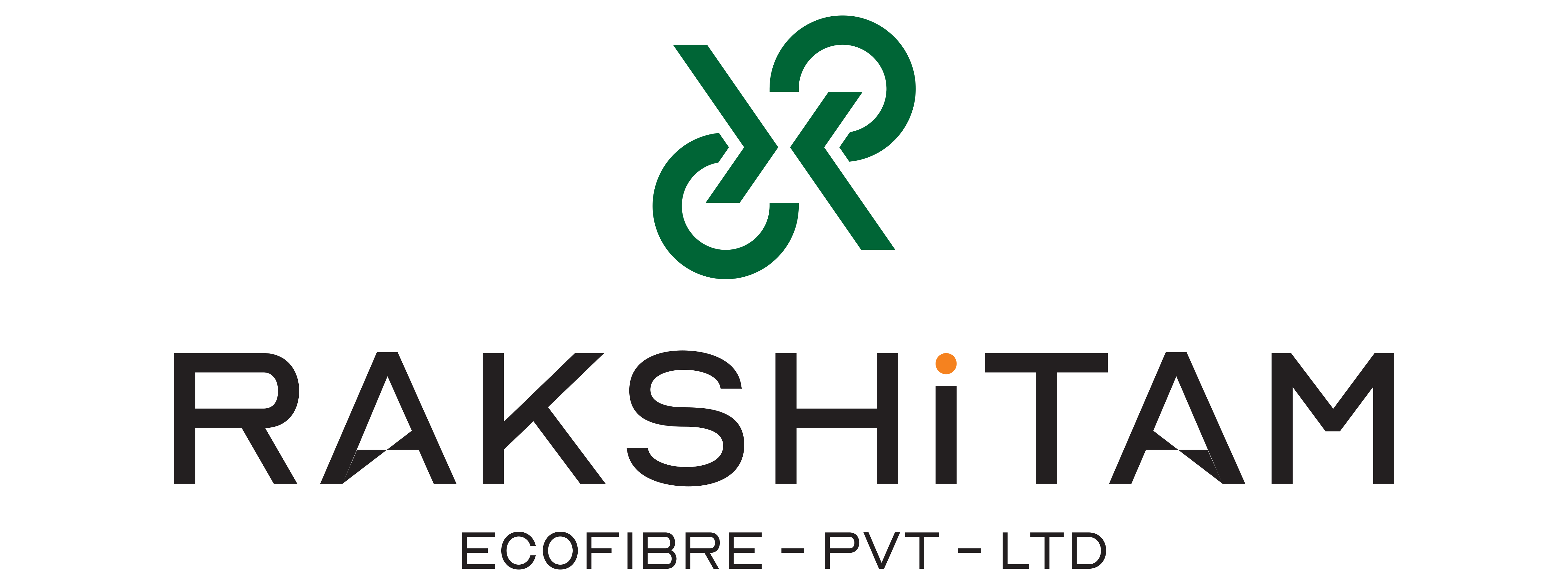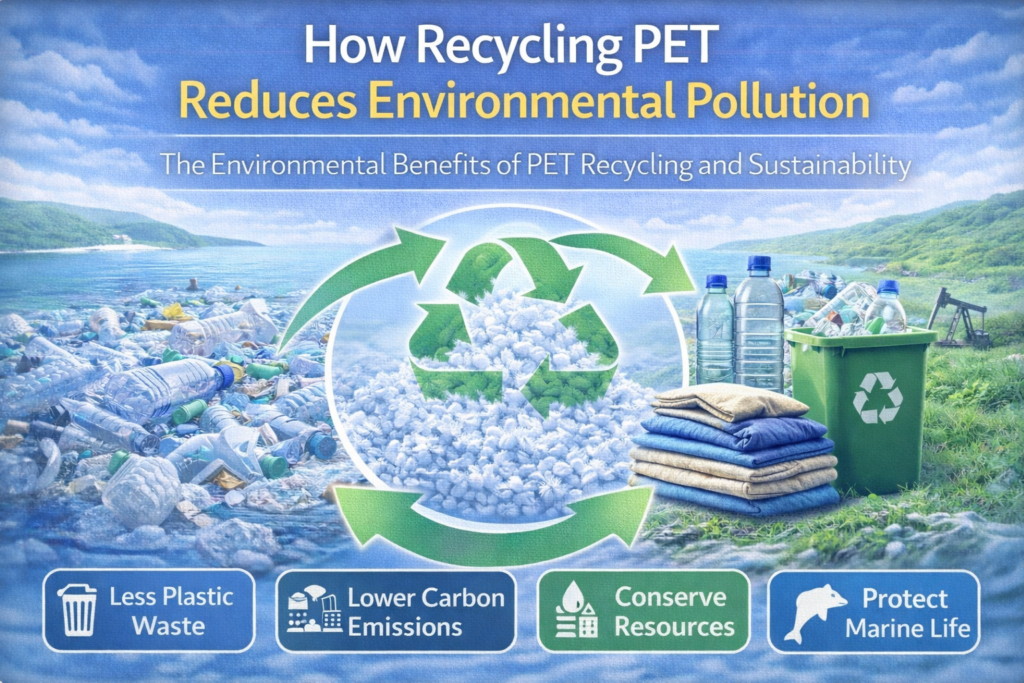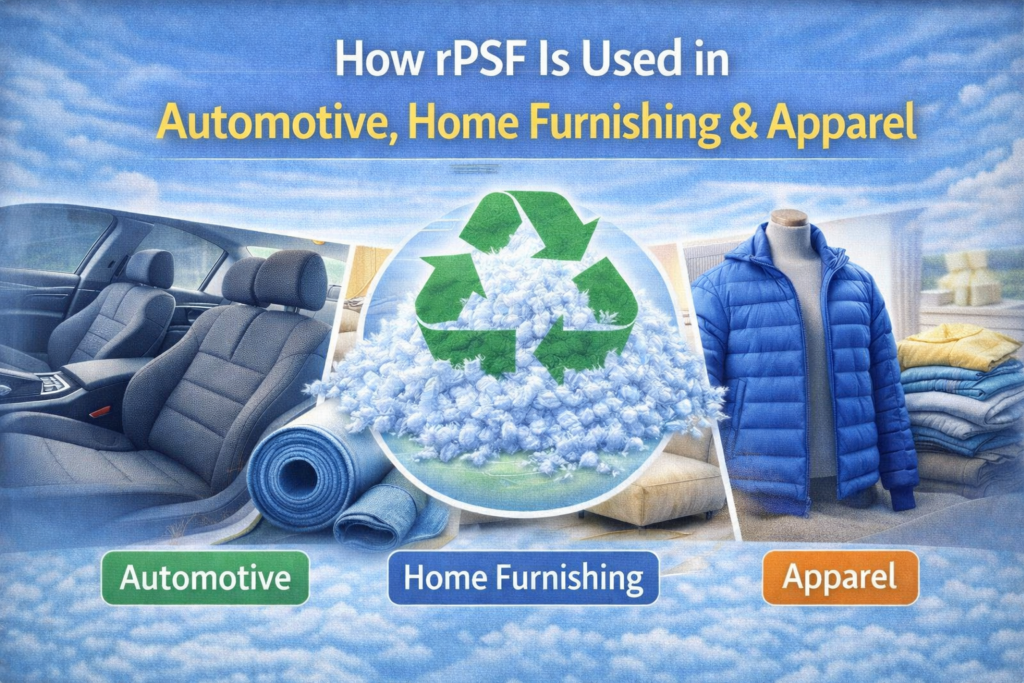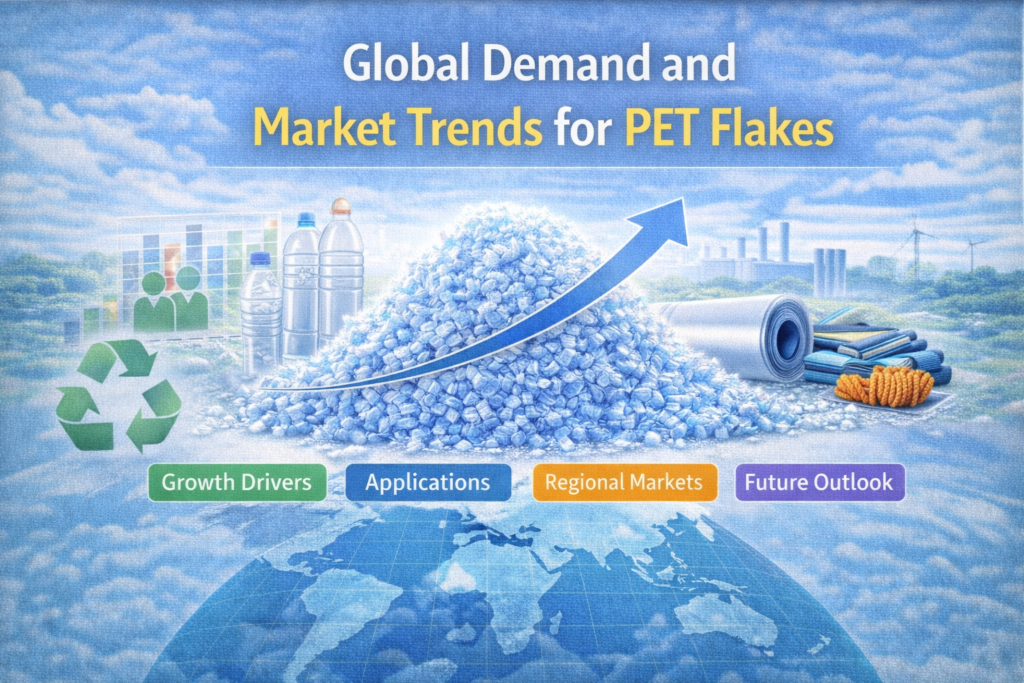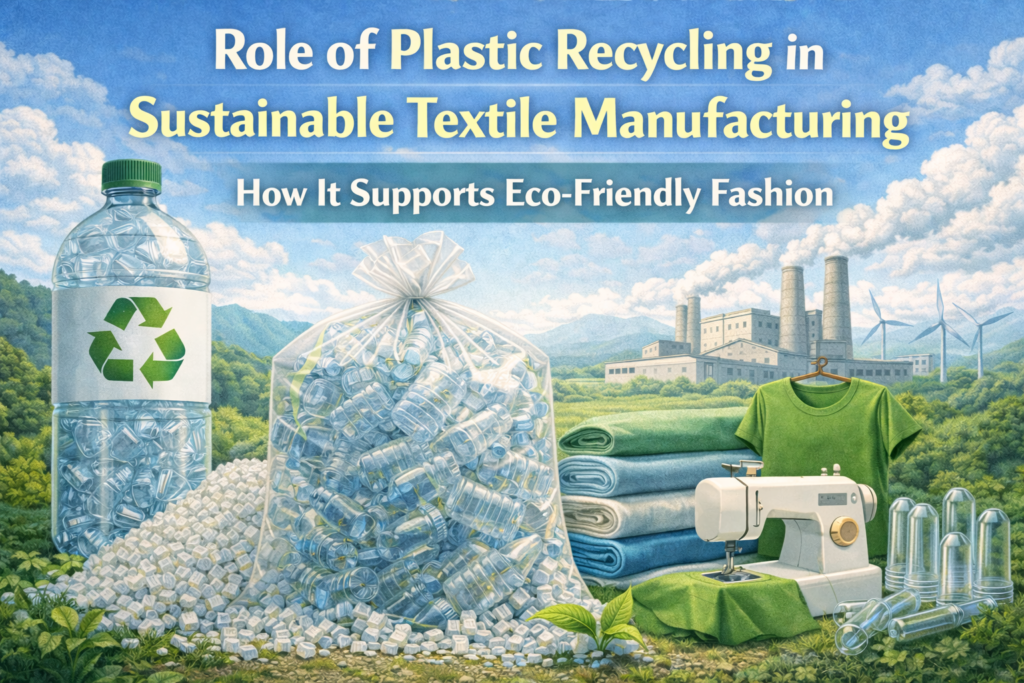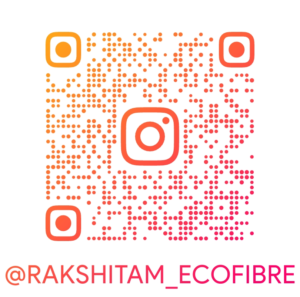Introduction
The global plastic crisis and the need for sustainable solutions
As you may know, the global plastic crisis has reached an alarming level affecting everything around us, damaging our ecosystem, our health, and every economy worldwide. Let’s go into specifics! In the year 2024, the world is projected to generate approximately 220 million tonnes of plastic waste, and India is emerging as the world’s largest plastic polluter, contributing to a staggering 9.3 million tonnes of plastic waste every year, this troubling statistic highlights the urgent need for sustainable solutions and as India is a huge contributor of plastic waste there’s a huge impact we can make towards sustainability.
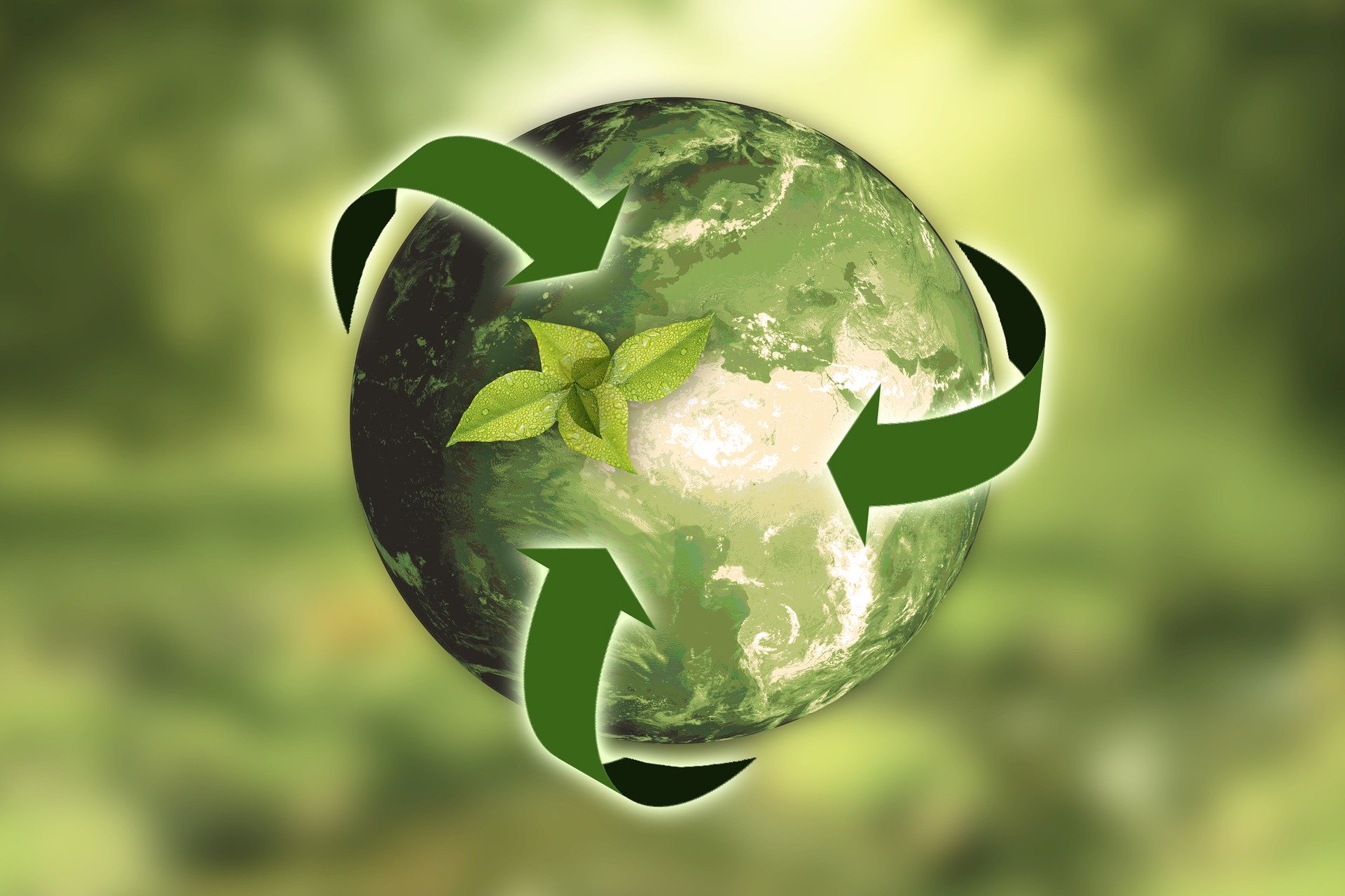
India’s emerging role in recycled plastic innovation
Today, India has the potential to become a leader in recycling plastic, driven by emerging technological advancements. The country’s unique challenges and opportunities in managing plastic waste are fostering a dynamic landscape for recycling initiatives and at Rakshitam we strive to work towards our goal for India to lead this initiative successfully and inspire global initiative towards recycling.
Advancements in recycling technologies
Today the world is coming up every day with new technologies that transform plastic waste into a valuable resource. To name some techniques are as follows:
- Smart Bins: Made with sensors that can identify and short various types of plastic improving the efficiency of the recycling process.
- Chemical Recycling: Through this method, plastic waste is broken down into basic monomers through processes like pyrolysis and gasification. Through this process, plastic waste that’s deemed nonrecyclable is converted into fuels.
- Manufacturing recycled polyester staple fiber (RPSF): It is the process of recycling plastic waste by shredding and cleaning plastic waste and converting it into recycled polyester staple fiber.
Rakshitam Ecofibre PVT LTD’s innovative approach
At Rakshitam Ecofibre we have mastered the manufacturing or rather converting plastic waste into superior RPSF recycled polyester staple fiber & PET Flakes. Through years of experience, we have perfected our practices of making the most of the plastic waste that’s generated in India.
Our Recycling Process
At Rakshitam, we use a method called chemical recycling to break down PET into its basic parts. This process cleans and rebuilds these parts into Polyethylene Terephthalate(PET), creating a product of similar quality to new Polyethylene Terephthalate(PET). This method is also important for making Polyethylene Terephthalate(PET) that meets strict requirements for different uses, such as textiles and materials that come into contact with food.
Sustainability Impact
We focus on using 100% recycled materials to tackle the important problem of plastic waste. Our approach not only reduces the amount of waste that ends up in landfills but also lowers the carbon footprint associated with making new plastic. Using recycled Polyethylene Terephthalate helps to preserve natural resources and encourages a circular economy where materials are reused instead of being thrown away!
Market Position
Rakshitam Ecofiber is positioned as a key player in the Indian market for sustainable textile solutions. Our products are increasingly recognized by brands looking to enhance their sustainability profiles. Today we collaborate with various industries to provide Polyethylene Terephthalate(PET) solutions that meet environmental standards.
India’s goal towards a sustainable future.
India aims towards transitioning to a circular economy for plastic! How do you ask? Well, by focusing on making 100% of plastic packaging either reusable or recyclable by 2030. The goal includes effectively recycling 50% of plastic packaging within the same timeframe.
India has also aimed for zero plastic waste by 2030 by promoting sustainable management of plastic through recycling processes and reusing the waste materials that are in the cycle and Waste to Wealth Mission, which leverages technology and innovation for better waste management.
The rules for managing plastic waste have been changed to make the regulations on single-use plastics stronger and improve recycling practices nationwide. This includes making plastic bags thicker and enforcing stricter controls on how plastic waste is disposed of.
Conclusion
As India continues its journey towards sustainable development, companies like ours will play a crucial role in shaping a future where economic progress and environmental stewardship go hand in hand. Our vision not only contributes to India’s sustainability goals but also positions the country as a global leader in green innovation and circular economy practices.
Rakshitam Ecofibre’s success can be a model for other developing countries. It shows how traditional knowledge and modern technology can be combined to create sustainable, strong, and prosperous societies. As the world deals with climate change and limited resources, Rakshitam Ecofibre’s vision offers hope for a more sustainable and fair future for everyone.
